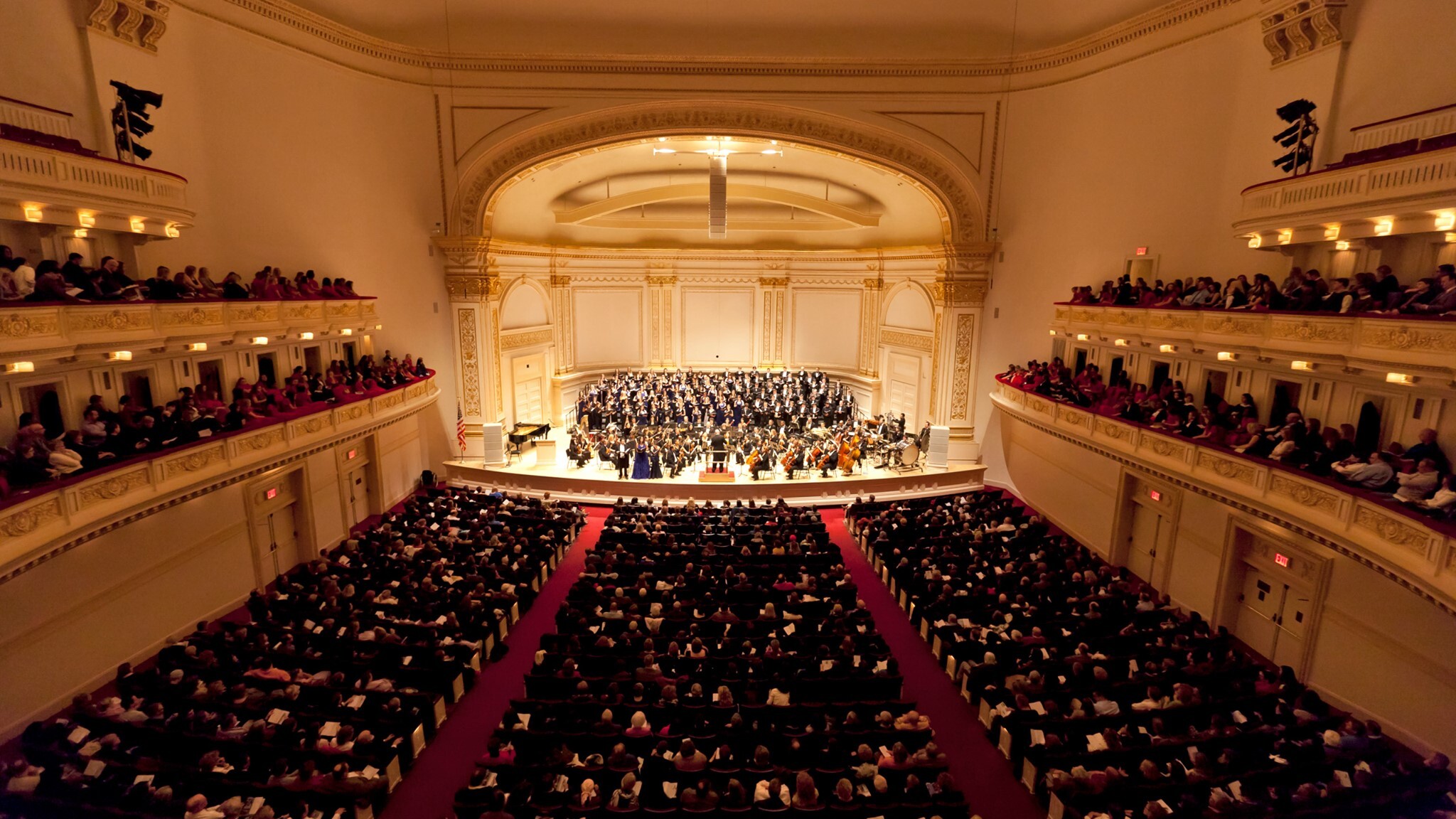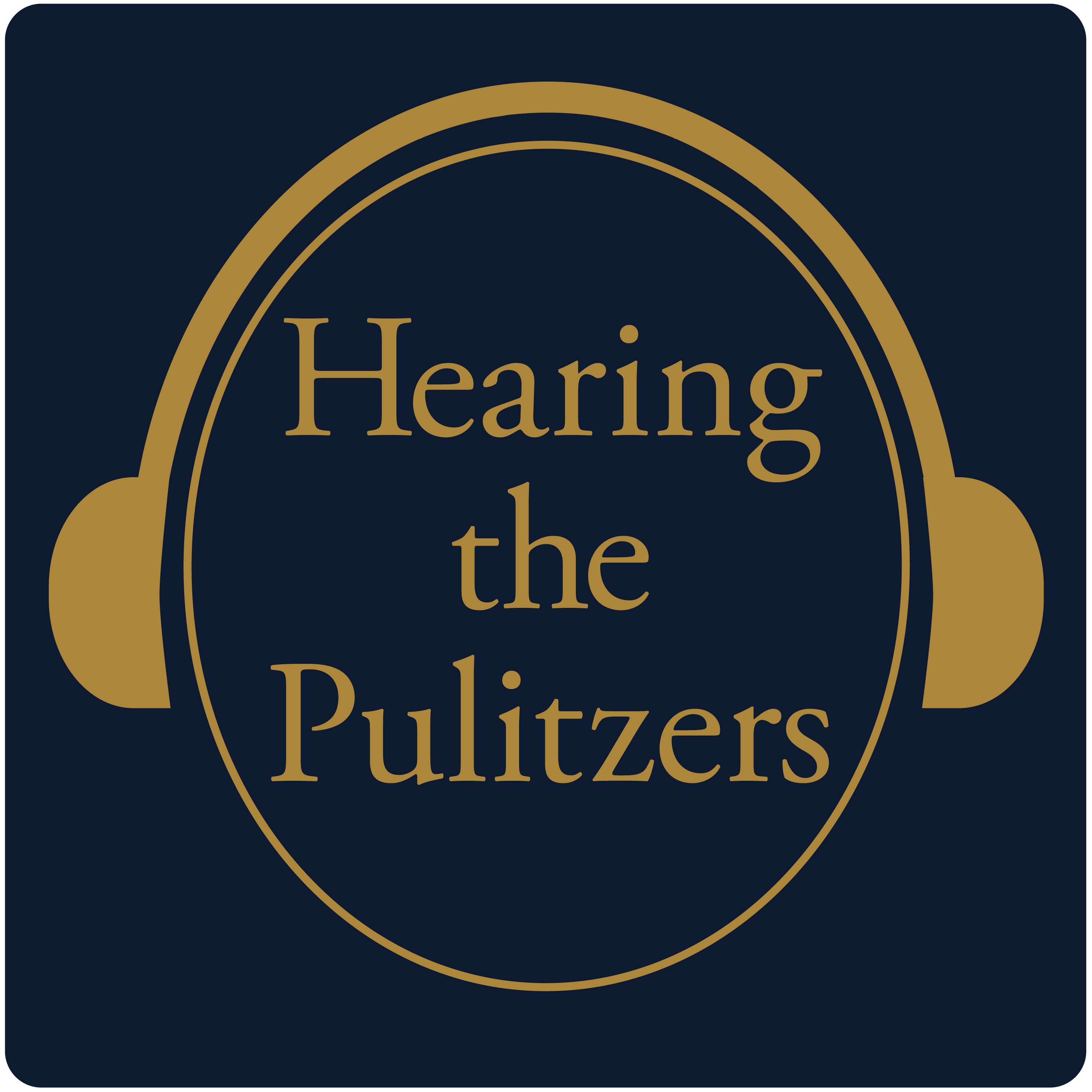Episodes
Tuesday May 10, 2022
Episode 29 - 1971: Mario Davidovsky, Synchronisms No. 6
Tuesday May 10, 2022
Tuesday May 10, 2022
In this episode, Dave and Andrew discuss the first episode they have a personal connection to as Andrew has performed Mario Davidovsky's Synchronisms No. 6. How does Dave react to the third music winner to incorporate electronic sounds, and how do those sounds hold up 50 years later?
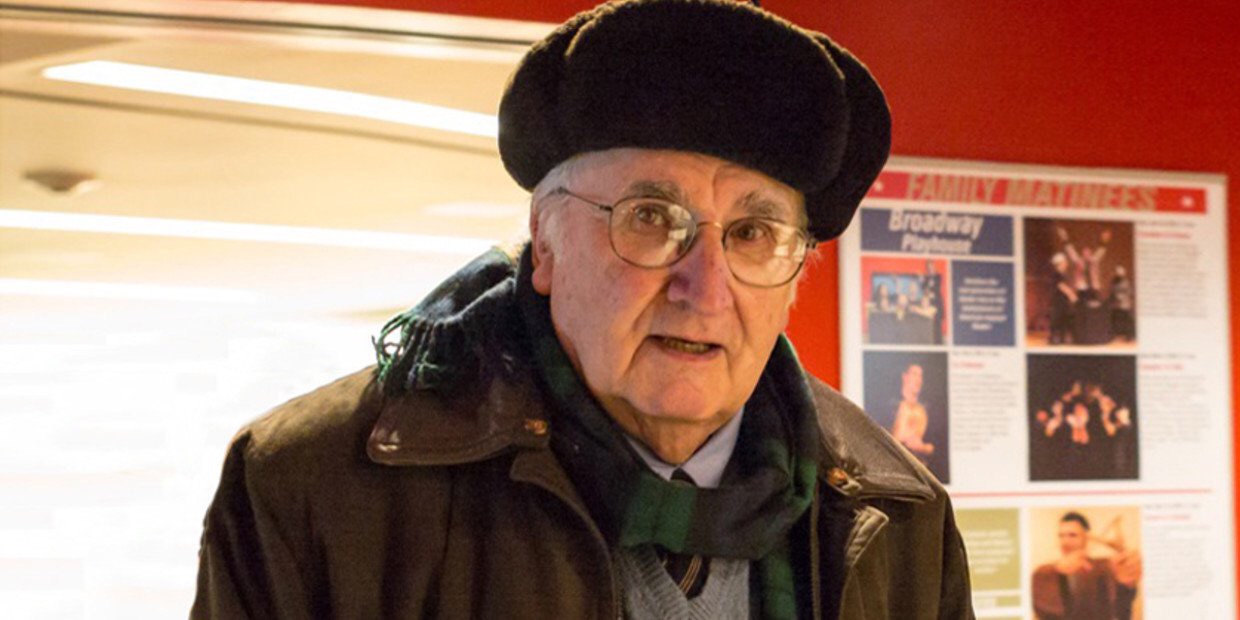
If you'd like more information about Davidovsky, we recommend:
- Wesley True's lecture “Men, Music, and Machines. Some Thoughts Generated by the Practice and Performance of Mario Davidovsky’s Synchronisms #6 for Piano and Electronics” published in the Journal of the American Liszt Society vol. 9 (June 1981): 50-54.
- Eric Chasalow's "Mario Davidovsky, An Introduction,"
Agni no. 50 (1999): 195-200.
- Davidovsky's bio page on the Edition Peters site.
Saturday Apr 16, 2022
Episode 28 - 1970: Charles Wuorinen, Time’s Encomium
Saturday Apr 16, 2022
Saturday Apr 16, 2022
In this episode, Dave and Andrew discuss the first fully electronic work to ever win a Pulitzer Prize, even though it was the only electronic work its composer ever wrote. Did Charles Wuorinen set a new standard for Pulitzer-winning music or was electronic music a flash in the pan?
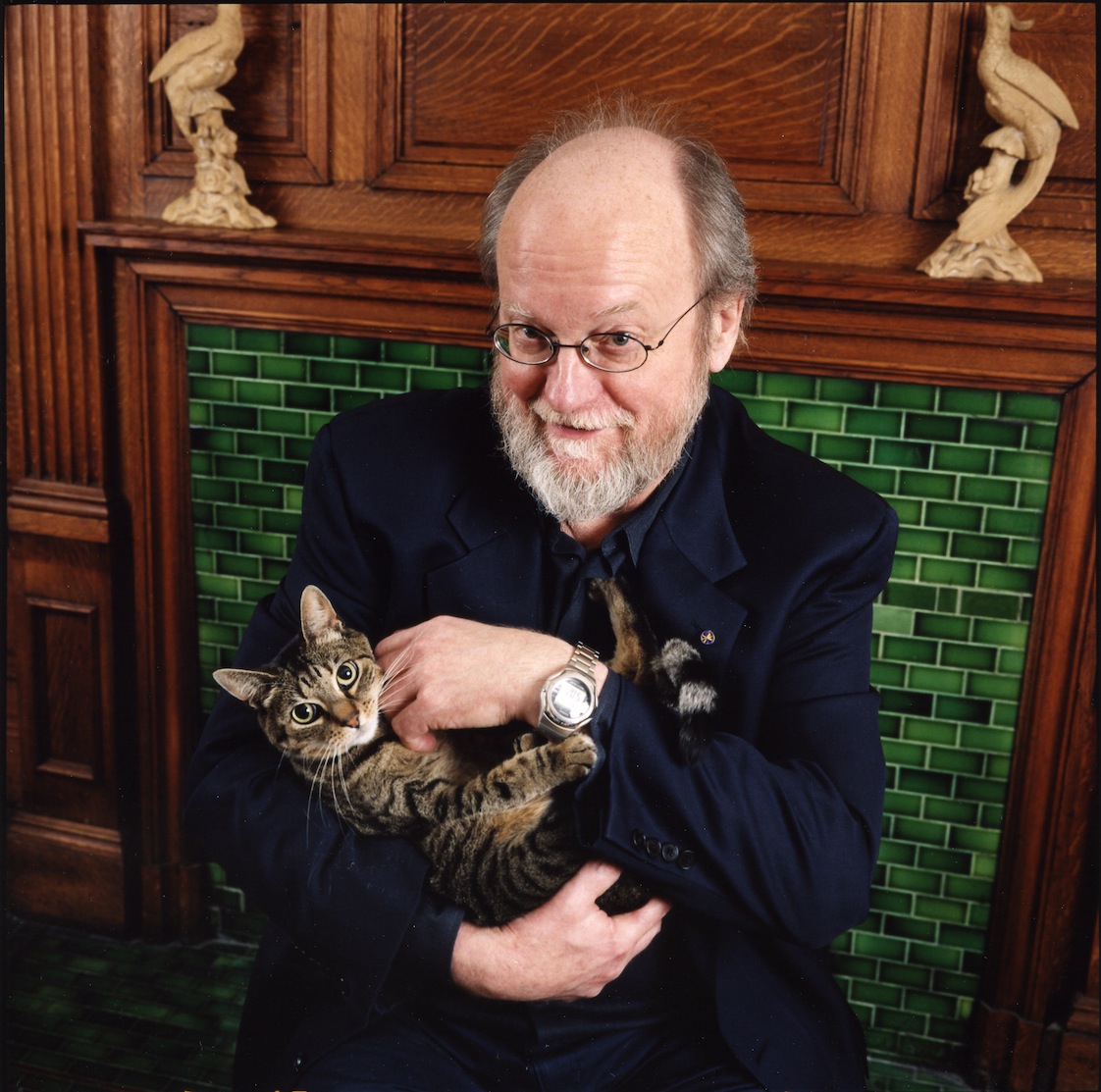
If you're interested in learning more about Wuorinen, we recommend:
- Charles Wuorinen's extensive website
- Elliott Schwartz's article "Electronic Music: A Thirty-Year Retrospective" in Music Educators Journal, Vol. 64, No. 7 (March 1978): 36-41.
- Perspective of New Music's "Charles Wuorinen: A Celebration at 80," Vol. 56, No. 2 (Summer 2018)
Monday Mar 28, 2022
Episode 27 - 1969: Karel Husa, String Quartet No. 3
Monday Mar 28, 2022
Monday Mar 28, 2022
In this episode, Dave and Andrew explore a composer renowned today for his works for wind band, but celebrated during his lifetime for music that was, in Nicolas Slonimsky's famous phrase, "oxygenated by humanistic romanticism." Join us as we try and tease out exactly what Slonimsky meant by exploring Husa's String Quartet No. 3.

If you'd like more information about Husa, we recommend:
- Lawrence W. Hartzell's "Karel Husa: The Man and the Music" in The Musical Quarterly Vol. 62, No. 1 (Jan., 1976), pp. 87-104
- Susan Hayes Hitchens's Karel Husa: A Bio-bibliography, published by Greenwood Press in 1991.
- New York Times obituary for Husa by Steve Smith: https://www.nytimes.com/2017/01/04/arts/music/karel-husa-pulitzer-prize-winning-composer-dies-at-95.html
Monday Mar 14, 2022
Episode 26 - 1968: George Crumb, Echoes of Time and the River
Monday Mar 14, 2022
Monday Mar 14, 2022
In this episode, Dave and Andrew explore an early work by a composer who transformed American music with his singular vision. But how did a composer who concocted a personal aesthetic reflecting a fascination with "life, death, love, the smell of the earth, the sounds of the wind and the sea" impact artists like David Bowie and directors like William Friedkin (who used Crumb's music in The Exorcist)?
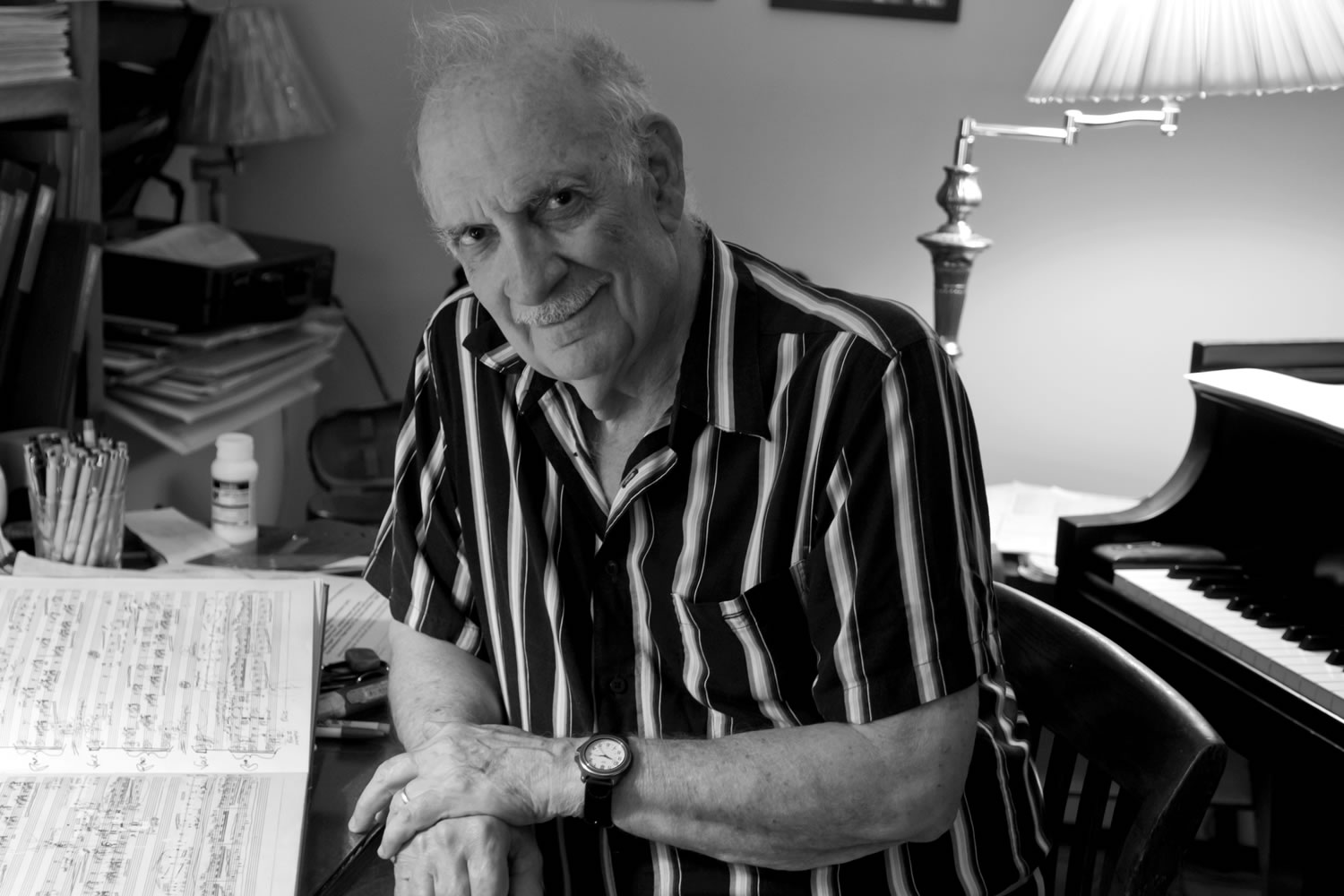

If you'd like more information about George Crumb, we recommend:
- George Crumb's New York Times obituary
- Thomas Riis's "A Conversation with George Crumb" in The American Music Research Center Journal, Vol. 3 (Jan 1, 1993)
- Crumb's article "Music: Does It Have a Future?" in
The Kenyon Review Vol. 2, No. 3 (Summer, 1980), pp. 115-122
- Crumb's website: http://www.georgecrumb.net
Tuesday Mar 01, 2022
Episode 25 - 1967: Leon Kirchner, Third String Quartet
Tuesday Mar 01, 2022
Tuesday Mar 01, 2022
We're back with Season 2 of "Hearing The Pulitzers!"
In this episode, Dave and Andrew explore the first music winner to incorporate electronics, Leon Kirchner. Kirchner wanted to expand human capabilities by combining live performance with recorded electronic sounds. Although he did not focus his music on electronics after the 3rd Quartet, Kirchner's award ultimately set a trend for the Pulitzer the next few years, as the jury became more and more accepting of new sounds and timbres.
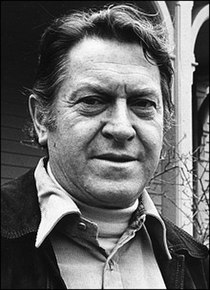
If you'd like more information about Leon Kirchner, we recommend:
- Robert Rigg's biography Leon Kirchner: Composer, Performer, and Teacher (University of Rochester Press, 2010)
- Bruce Duffie's 1990 interview with Leon Kirchner
Monday Nov 01, 2021
Episode 24 - 1966: Leslie Bassett, Variations for Orchestra
Monday Nov 01, 2021
Monday Nov 01, 2021
In this episode, Dave and Andrew explore the first music winner in three years, Leslie Bassett. After two decades of honoring fairly conservative, European-derived pieces and two years of not honoring any pieces of music, what direction will the Pulitzer go in the late 1960s?

If you'd like more information about Leslie Bassett, we recommend:
- Leslie Bassett's homepage
- Ellen S. Johnson's Leslie Bassett: a Bio-Bibliography, published in 1994 by Greenwood Press
-
Stephanie Brunelli's dissertation, The use of the piano in the twentieth-century orchestra: A study of Pulitzer Prize compositions by Copland, Bassett, and Druckman
Saturday Sep 18, 2021
Episode 23 - 1965: No Prize (the Pulitzer Hat Trick)
Saturday Sep 18, 2021
Saturday Sep 18, 2021
In this episode, Dave and Andrew cover the third year the Pulitzer Board decided not to award a music prize. The 1964 decision not to award a prize might have been shocking, but nothing could have prepared the Pulitzer Board from the fallout of their decision in 1965. Music jury members resigned, the press had a field day, and the trajectory of music winners changed dramatically. We'll chart all the intrigue, including what Duke Ellington had to do with this scandal.

Saturday Aug 28, 2021
Episode 22 - 1964: No Prize (again)
Saturday Aug 28, 2021
Saturday Aug 28, 2021
In this episode, Andrew and Dave discuss the second time the Pulitzer Board decided not to award a music prize. In fact, in 1964, they did not give awards in the categories of drama, music, and fiction. It was the first time since the Pulitzer Prizes began in 1917 that three separate categories did not have an awardee. To deepen the intrigue, the music board was split, and at least one member wanted to give a music award (and wasn't happy with the other members). We discuss all the drama!
What happened in 1964 and what were the ramifications on later music winners?
Friday Aug 13, 2021
Episode 21 - 1963: Samuel Barber, Piano Concerto No. 1
Friday Aug 13, 2021
Friday Aug 13, 2021
In this episode, Dave and Andrew discuss the third person to win two Pulitzers, Samuel Barber. Barber's prize-winning opera Vanessa was a qualified hit in Episode 16, but how does his Piano Concerto stack up?
(Photo of Pianist John Browning, 1966)
If you'd like more information about Samuel Barber or his Piano Concerto No. 1, we recommend:
- Emily Lu's 1986 dissertation from the University of Wisconsin, "The Piano Concerto of Samuel Barber"
- Jonathan Blumhofer's fascinating discussion of the piece in "Rethinking the Repertoire #13 – Samuel Barber’s Piano Concerto"
- The interview with pianist John Browning in the Peter Dickinson edited volume Samuel Barber Remembered (Rochester: University of Rochester Press, 2010.
Saturday Jun 19, 2021
Episode 20 - 1962: Robert Ward, The Crucible
Saturday Jun 19, 2021
Saturday Jun 19, 2021
In this episode, Dave and Andrew turn to the fifth opera to win a Pulitzer Prize, Robert Ward's The Crucible. The opera is based on Arthur Miller's award-winning play that even today is considered an American classic. Does the opera hold up as well?

If you're interested in more information about Robert Ward or The Crucible, we recommend:
- Robert Kolt's book Robert Ward's The Crucible: Creating an American Musical Nationalism.
- Robert Kolt's article "The Devil Made Me Do It! History to Play to Opera: Media Transformation in Arthur Miller's 'The Crucible'" in the Hungarian Journal of English and American Studies Vol. 20, No. 1 (Spring, 2014), pp. 55-76.
- Charles Patrick Wolver's 1986 dissertation "Robert Ward's The Crucible: A Critical Commentary."
